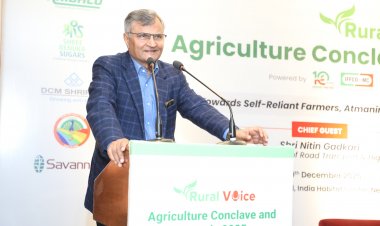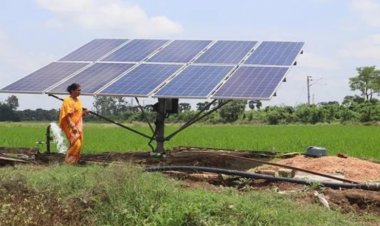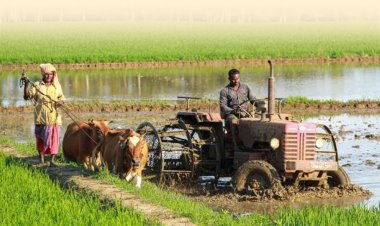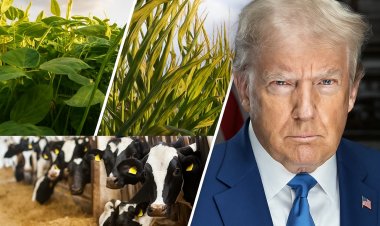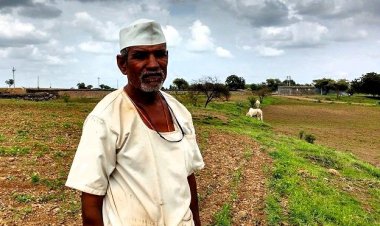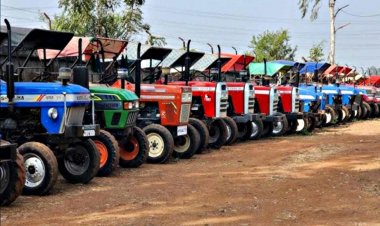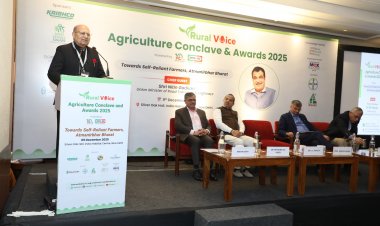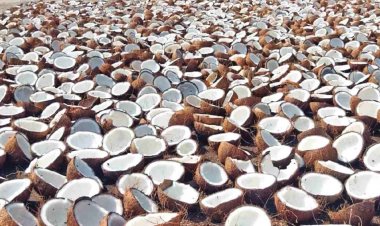With the wholesale prices of mustard seeds falling below the minimum support price of Rs 5,650 per quintal, edible oil industry body SEA sought the government's immediate intervention.
Voicing concern over the situation, Solvent Extractors' Association of India (SEA) President Ajay Jhunjhunwala said, "We urge the authorities to direct (cooperative) NAFED to establish procurement centers in major mandi areas to facilitate the purchase of mustard seeds at MSP, thereby supporting market stability and farmer welfare."
MSP remains a crucial concern, particularly in the ongoing harvesting season for mustard. The current market prices of mustard seeds are below the MSP of Rs 5,650, necessitating immediate government intervention, he said.
As of now, government procurement of mustard has not started in the country except Gujarat and Kota divisions. Meanwhile, arrival of mustard has started in the mandis and farmers have to sell mustard at a price up to Rs 1000 less than the MSP. Due to this, oilseed-producing farmers are suffering huge losses. This is the second consecutive year that farmers suffered losses in mustard. This year the first crop was hit by the weather and now we are not able to get the right price.
Jhunjhunwala also said that despite reaching a peak of 100 lakh hectares in acreage during the current season, mustard cultivation faces stagnation due to declining prices. The disparity between past remunerative prices and the current market rates has discouraged farmers from expanding mustard cultivation. Addressing this issue is critical to sustaining agricultural growth and ensuring farmer prosperity, he added.
Atul Chaturvedi, senior advisor and former president of SEA, told Rural Voice that if farmers do not receive a fair price for mustard, they will be discouraged from growing it. This would not be in the interest of the industry either, as mustard is the only crop that can lead the country towards self-sufficiency in edible oils. Establishing a palm plantation takes many years before it becomes productive. After significant efforts, farmers' inclination towards mustard has increased. Therefore, it is imperative for farmers to receive a fair price.
That apart, SEA mentioned that the Wholesale Price Index (WPI) for edible oils, established in 2011-12, does not accurately reflect the evolving consumption patterns in recent years.
"The disproportionate weightage assigned to certain oils fails to align with their actual consumption trends. We have petitioned the Ministry of Consumer Affairs, Food, and Public Distribution to reconsider the weightage allocation in light of changing consumption dynamics within the edible oil segment," the SEA president said.
According to SEA, import dependency for edible oils continues to rise annually, with last year witnessing imports of 165 lakh tonne valued at Rs 1.4 lakh crore.
While imports are necessary to bridge the demand-supply gap, excessive imports have led to surplus inventory, posing challenges to both the government and the industry, the association said. It is imperative to strike a balance between domestic production and imports to ensure food security and economic stability, it added.
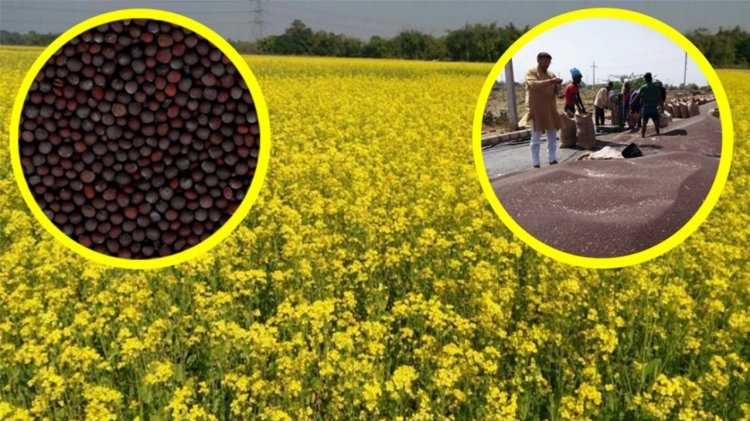



 Join the RuralVoice whatsapp group
Join the RuralVoice whatsapp group


















